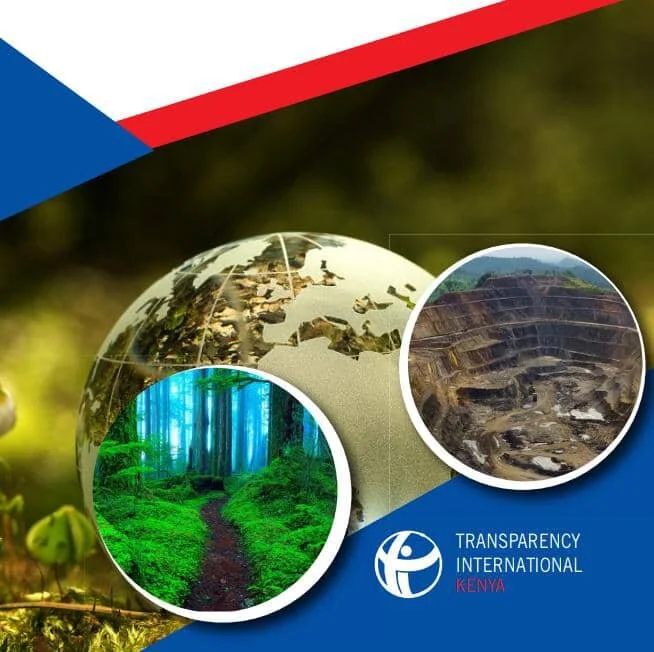More transparency, better accountability, and greater responsiveness to the youth demographic are elements young Kenyans yearn for. The Kenyan government is beginning to respond to these demands. To encourage more civic engagement by younger citizens, the government is taking measures through the World Bank's Kenya Accountable Devolution Program (KADP) to incorporate public participatory budgeting into their budget decision-making process. The 2007 general elections highlighted Kenya's failure to engage its youth constituency effectively in political, governance, and electoral processes. Building trust between young people and democratic institutions is critical as young people make up a substantive part of the overall Kenyan population.
The Youth Cafés 2021 Annual Impact Report.
The Youth Café is proud to share the eighth Impact Report produced based on the Social Return on Investment methodology. The average Social Return on Investment ratio for The Youth Café is 1:12, meaning that an investment of $1 delivers $12 value in terms of positive social impact. The present report outlines the main activities and projects carried out by The Youth Café from January to December 2021.
Environmental Impact Assessment Process In Kenya
Under Kenya’s environmental laws, Environmental Impact Assessment is required for all projects that are likely to have a negative effect on the environment. The law classifies these projects into three groups according to the seriousness of their likely effects, namely: Low Risk, Medium Risk, and High-Risk projects. The full list of projects classified under these three categories is outlined in the Second Schedule of the Environmental Management and Coordination Act.




